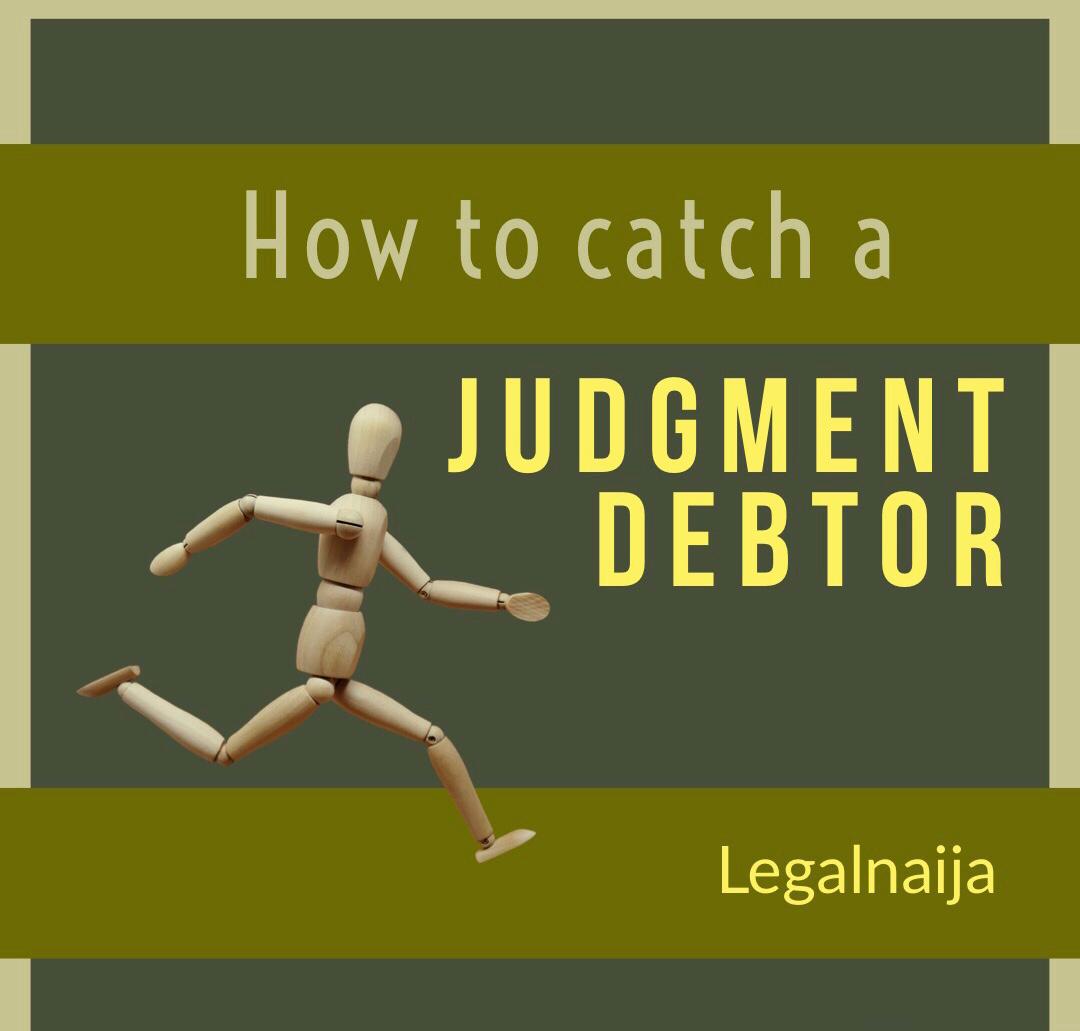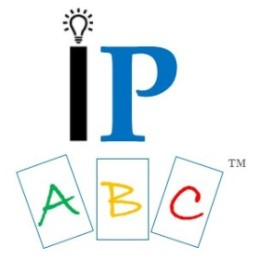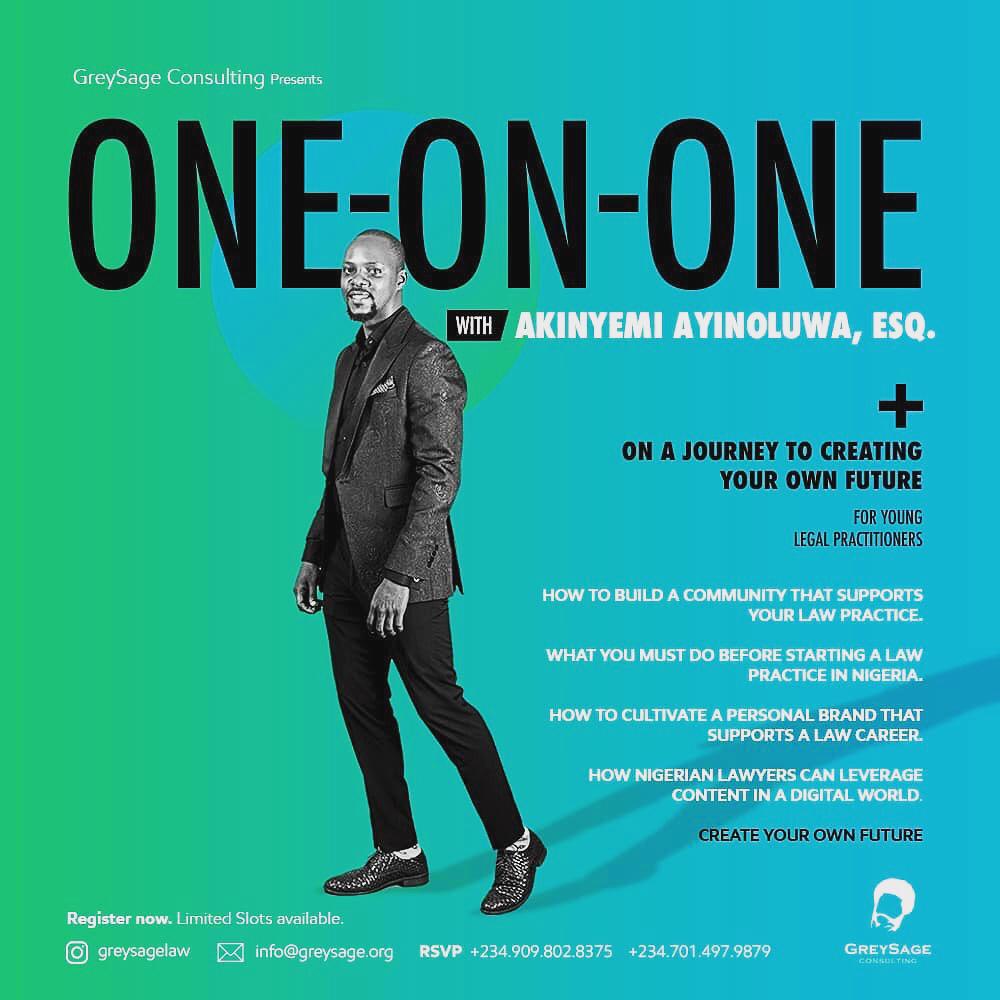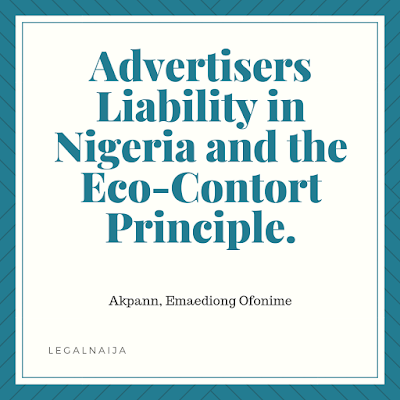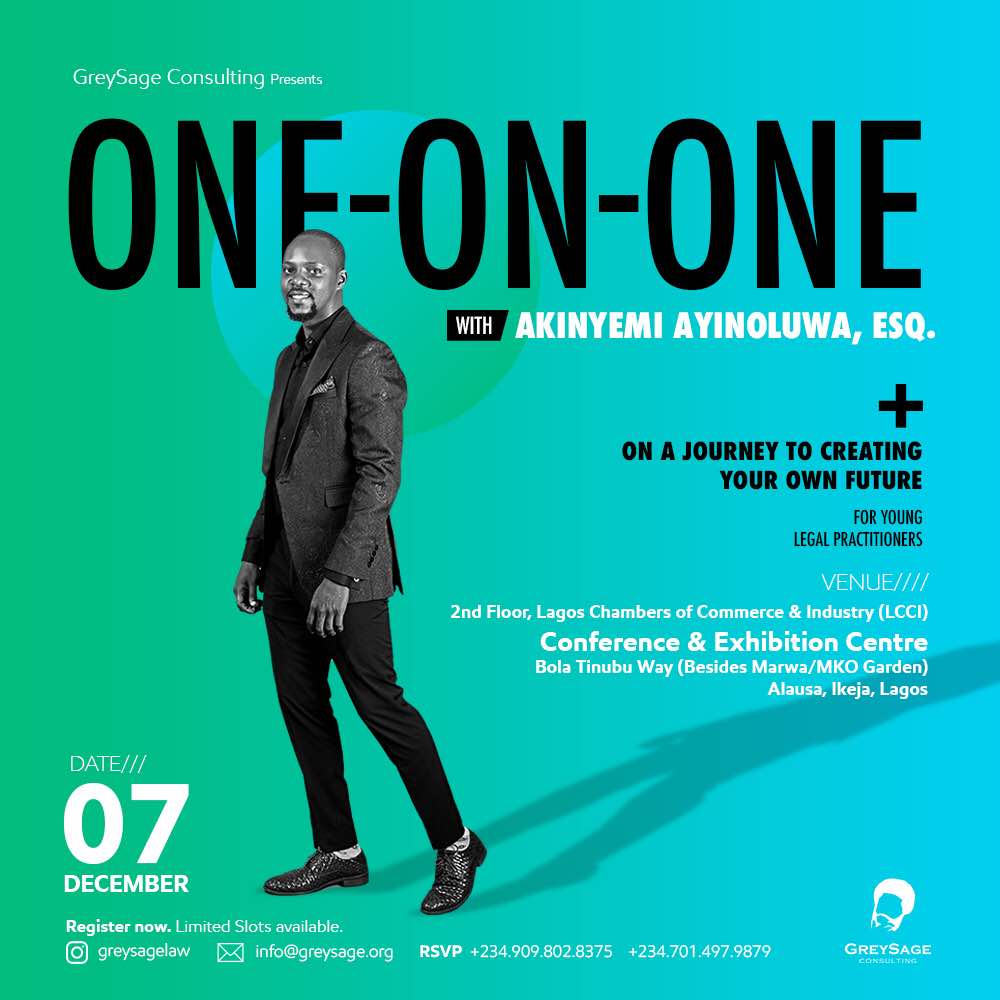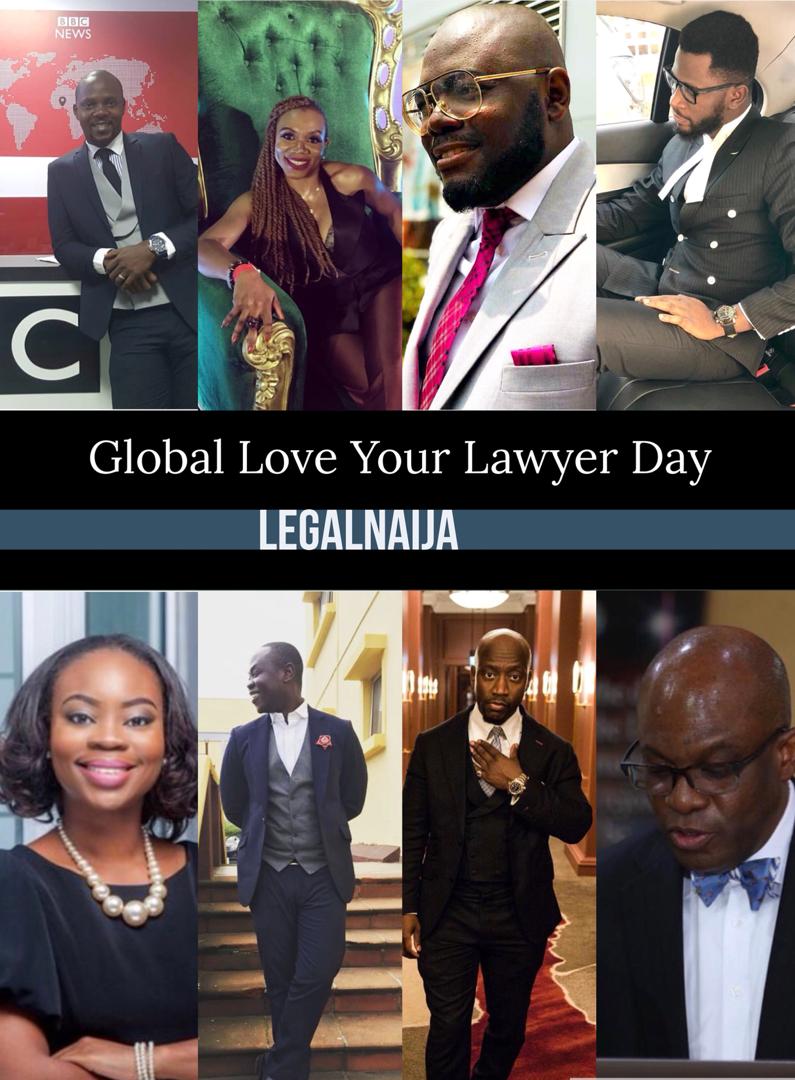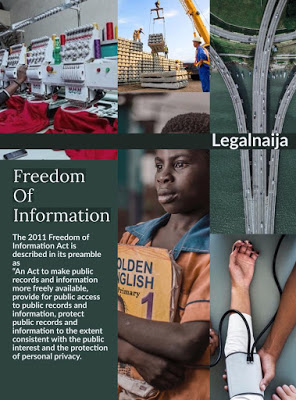INTRODUCTION:
How much does a Nigerian
senator earn as monthly salary? What are the allowances such a senator is
entitled to? How many Nigerians know the amount of money spent on the health of
the President annually? Can you state with certainty the total amount of money
recovered from corrupt public officials so far by the Economic and Financial
Crimes Commission (EFCC)? What is security vote and how much is a Nigerian
governor given as security vote? Are Nigerians afforded a breakdown of the
expenditures of such security votes by Nigerian governors? Sadly these are some
of the many questions that Nigerians cannot answer about the government and its
agencies. They are questions that require many months of exercise, prayers and
strategy to commence the voyage of discovering their answers irrespective of
the fact that they involve public servants and public funds, and which
information ordinarily should be easily accessible by all Nigerians.
The issue of holding the
government accountable to Nigerians with regards to how its arms and agencies
disburse and use public funds, is very key if all Nigerians are to enjoy the
dividends of democracy; and witness the prudent application of our resources
for economic and infrastructural growth of the country.
More so, Nigerians must be
able to demand from every public institution, information bordering on the
workings and finances of such institutions and have these information supplied
to them with dispatch. This should be the beauty of practicing a democracy- a
system of government where the people, as the sovereign, elect political
leaders to supervise public institutions and disburse public funds on their
behalf.
With the kind of powers
and obligations entrusted to government and its agencies by the sovereign- the
people, it is, to say the least, extremely important that the people hold these
officials of government accountable for all their activities in either the
government or in public service.
Officials of the Nigerian
government cannot be held accountable if the government is run by stealth, or
its activities, policies, expenditures, etc, are unascertainable by the people.
This is where the Freedom of Information Act (FOIA) 2011[1], comes in very handy.
Prior to the enactment of
the FOIA, it was virtually impossible for ordinary Nigerians and
Non-governments Organisations to demand from public institutions any
particulars of their activities and secure the information sought. The people
were incapable of ascertaining what their monies were used for, the particulars
of disbursement and expenditure of public funds and the manner and basis in
which recruitments for public service were conducted. We were left at the mercy
of the media which in many circumstances provided us with inadequate or
unreliable news.
OVERVIEW
OF THE ACT:
Section 1 of the FOIA
establishes the right of all Nigerians to have access to all information or
records of public nature that emanates from or is in the custody or possession
of any public official. The Section goes on to provide that an applicant for
any such public information need not demonstrate any specific interest in the
information sought and can proceed to a competent court to ensure such a
request is complied with. This therefore removes all erstwhile embargoes with
regards to locus standi that may have
existed in the past against any such applicant for public information.
The FOIA in its section 2
imposes on all public institutions the obligation of recording and storing
information about its activities, operations and businesses. The Act also directs
all such institutions to publish certain information[2] in such a way that the
information “is widely disseminated and
made readily available to members of the public through various means,
including print, electronic and online sources; and at the offices of such
public institutions”.[3]
The framers of the FOIA
intended that access to public information should be made as easy and simple as
possible. This is why under the Act, an applicant can make an oral application
for information of a public nature and the authorized official of such public
institution to which such an oral application is made is required by law to
reduce the application into writing, and afford the applicant with a copy of
the written application.[4]
More so, illiteracy and
other forms of disability that preclude a person from making an application in
person for public records or information does not ipso facto disentitle such a
person from accessing such information under the Act. This is so because the
law allows such a person to make application under the Act through a third
party.[5]
The Act also stipulates a
timeframe of seven (7) days within which an applicant’s request for information
is to be attended to by a public institution. The seven (7) days begins to run
from the moment an institution or public official receives an application for
information. The public institution is to make available the information sought
by an applicant or communicate to such an applicant via written notice, its
reasons for refusing to afford the applicant with part or all the information
requested for.[6]
Where a public
institution receives an application for access to information and which
information it considers another public institution to have greater interest
in, the former shall transfer the application for such information to the
latter and the applicant shall be notified of such transfer via a written
notice in accordance with the FOIA.[7]
Also imperative to note
is the fact that under the FOIA, where a case of wrongful denial of access to
public information is established, the defaulting officer or institution
commits an offence and is liable on conviction to a fine of five hundred
thousand (N500,000.00) naira.[8]The FOIA also makes it a
criminal offence punishable with a minimum sentence of one year imprisonment
for any officer or head of any government or public institution to which it
applies, to willfully destroy any records kept in his custody or attempt to
doctor or otherwise alter same before they are released to any person, entity
or community applying for it.[9]
It is also important to observe that access to
public information under the FOIA is not absolute. As such, the Act prescribes
circumstances when a public official or institution will be permitted, or is
mandated to deny an applicant access to information.
Accordingly, where an
applicant requests for information that may be injurious to the conduct of
international affairs and the defence of Nigeria, the public official or
institution to which the request is directed may decline to grant the request.[10] More so, a request under
the Act may be rightfully refused where the information sought for borders on
law enforcement and investigation that pertains to, is authorized by, or
pursuant to the administration or enforcement of any Act, Law or Regulation.[11]Certain information
requested for may also not be availed the applicant where such information is
of a personal nature and is exempted under the Act.[12]
A public official or
institution is also obligated to deny request for information that relates to
trade secrets and commercial or financial information where such disclosure may
cause harm to the interests of a third party;[13] or where such information
sought can be reasonably expected to interfere with contracts or negotiations
of a third party;[14]
or information with regards to proposals and bids for any contract, grants, or
agreement, and information which if disclosed is capable of frustrating
procurement or give unfair advantage to any person.[15]
Exemptions with respect
to information accessible by the public also include professional and
privileged communications protected by law,[16] and information which
contains course or research materials prepared by faculty members.[17]
A public institution may
also deny an applicant’s request where information sought includes test
questions, scoring keys or other examination data used to administer an
academic examination or determine the qualifications of an application for a
license or employment;[18] or architects’ and
engineers’ plans for buildings not constructed in whole or in part with public
funds and for buildings constructed with public funds, to the extent that
disclosure would compromise security;[19] and library circulation
and other records identifying library users with specific materials.[20]
The rights created for
members of the public with respect to access to public information do not
extend to certain documents and materials. That is to say all published
materials or materials available for purchase by the public; library or museum
materials made or acquired and preserved solely for public reference or
exhibition purposes; or materials placed in the National Library, National
Museum, or non-public section of the National Archives of the Federal Republic
of Nigeria on behalf of any person or organization other than a government or
public institution.[21]
It would seem that
irrespective of all the exemptions to access to public information provided for
under the FOIA, a public institution or official who a request for information
is directed to under the Act is still obligated to afford such an applicant
with the information sought as long as the public interest in disclosing the
information outweighs whatever injury that disclosure would cause.[22]
It is also imperative to
express that where an applicant requests for information which is partly
constituted of information exempted from disclosure under the FOI Act, any part
of the information sought which is not exempted shall be disclosed by the
public institution or official.[23]
The beauty of access to
information under the FOIA is that the framers of the law were at all times
conscious of the fact that obtaining certain public information may prove to be
very difficult for applicants especially as public institutions and officials
may put obstacles on the road to access such information where the information
may expose fraud, financial recklessness or other forms of illegality committed
by a public institution or official. As such, it is a criminal offence to
willfully destroy or doctor any public records requested for by an applicant;[24] and where a case of
wrongful denial of access to information is established, the defaulting officer
or institution is liable to conviction for a criminal offence.[25] More importantly, any
applicant who has been denied access to any public information may apply to the
High Court for judicial review.[26]
The FOIA also makes
provision for the protection of public officials from any criminal or civil
liabilities that may arise from the disclosure, in good faith, of any
information pursuant to the Act.[27]
With the enactment of the
FOIA, a subtle but extremely significant protection seems to have come into
existence in favour of whistleblowers[28] who, without
authorization, disclose to any person an information which is reasonably
believed to show a violation of any law; mismanagement, gross waste of funds,
fraud, and abuse of authority; or a substantial and specific danger to public
health or safety.[29]
This protection also extends to any person who receives such information
disclosed by such a public official without authorization, even where the
receiver further discloses the information, as no civil or criminal proceedings
can lie against such a person.[30]
The hub of the FOIA is to make information in institutions where
public funds are expended or in which the public has other forms of interests,
easily available to the public. Under the FOIA therefore, private institutions
that utilize public funds also fall under the definition of “public
institution”.
Section 31 of the FOIA defines a public institution as “any legislative, executive, judicial,
administrative or advisory body of the government, including boards, bureau,
committees or commissions of the State: and any subsidiary body of those bodies
including but not limited to committees and sub-committees which are supported
in whole or in part by public-fund or which expends public fund and private
bodies providing public services, performing public functions or utilizing
public funds.” (Underlining mine for emphasis).
It therefore follows that institutions like the Nigerian Bar
Association, Nigerian Medical Association, Nigerian Labour Congress etc, are
public institutions under the FOIA as they provide public services or perform
public functions or utilize public funds. The writer therefore commends the
erudite and distinguished Professor of law- Ernest Ojukwu SAN for recently
taking the bold step to make a freedom of information request to the NBA in
respect of information that should be ordinarily available to all legal
practitioners in Nigeria and indeed the general public.[31]If
all Nigerians are on the qui vive and
learn to probe the finances and workings of public institutions, the country
would be better-off.
IS
THE FREEDOM OF INFORMATION ACT, 2011 APPLICABLE TO STATES?
The Constitution of the
Federal Republic of Nigeria (CFRN)[32] provides that the
legislative powers of the Federal Republic of Nigeria shall be vested in the
National Assembly, while that of a State of the Federation shall be in the
House of Assembly of such a State.[33]
Accordingly the National
Assembly is empowered by the grundnorm to
make laws for the peace, order and good government of the Federation with
respect to any matter included in the Exclusive or Concurrent Legislative List
set out in Part I and Part II of the Second Schedule to the CFRN respectively,
while a House of Assembly of a State has the imprimatur to legislate on all
matters outside the Exclusive Legislative List, or those contained in the
Concurrent Legislative List.[34]
It goes without saying
therefore that both the National Assembly and State House of Assembly are
competent to make legislations on matters as per the items contained in the
Concurrent Legislative List. However, if any Law made by a House of Assembly is
inconsistent with an Act of the National Assembly, the Act of the National
Assembly shall prevail and the inconsistent Law of such a House of Assembly
shall be null to the extent of its inconsistency- this is the core of the well
established doctrine of covering the field. [35]
The FOIA was enacted by
the National Assembly in line with its powers derived from the CFRN and
particularly over the item in Paragraph 4, Part II of the Second Schedule to
the CFRN. The said Paragraph of the Concurrent Legislative List provides that:
“The National Assembly may make laws for the Federation or any part
thereof with respect to archives and public records of the Federation.”
Worthy of note also is
that Paragraph 5, Part II of the Second Schedule to the CFRN reads as follows:
“A
House of Assembly may, subject to paragraph 4 hereof, make laws for that State
or any part thereof with respect to archives and public records of the
Government of the State.”
A
number of commentators have postulated that by the provisions of the CFRN, the
FOIA having been validly made by the National Assembly covers the field for all
States in the Nigerian Federation, and it would be superfluous for any State to
embark on a process of enacting any law in respect of matters covered by the
FOIA as such a law would be subordinate to the FOIA, and indeed inoperative
wherever it conflicts with the said Act. By this position, an applicant for
information can direct his request to a State Government or any of its agencies
and any of those public institutions will still be mandated to avail the
applicant with the information sort under the FOIA. The Court of Appeal has
also ruled that the FOIA applies to all States of the Federation.[36]
However, the above
argument did not find favour with the Court of Appeal in EDOSACA v. Osakue & Ors
(2018) LPELR-44157(CA) where, in an apparent volte-face, it held that:
“All
said and done, a perusal of the Freedom of Information Act will not, in my
humbly view, project the intention that it is meant to cover the field. In
other words, it is nowhere indicated or prescribed in the whole gamut of the
Act that it shall apply both to the central and State governments…This no doubt
presupposes that the Freedom of Information Act, though a noble and worthwhile
piece of legislation, does not have automatic application to the states as
submitted by learned counsel for the Respondents. It therefore behoves any
State interested in adopting the provisions of the Act in its territory to set
the necessary machinery in motion for the enactment of a similar law by the
House of Assembly of the State.” Per Oseji, JCA (Pp.21-24, paras. D-C).
This
writer’s opinion in respect of the Court of Appeal decision in EDOSACA
v. Osakue & Ors (supra) is consistent with the dissenting view
expressed by Justice Moore Aseimo Abraham Adumein JCA, especially as he held
that the Freedom of Information Act, 2011 has already covered the field in
respect of access by ‘any member of the public’ to public records, subject to
the exceptions set out in the Act. He therefore invoked and relied on the
doctrine of covering the field in giving his dissenting opinion to the extent
that the FOIA is applicable to all States of the Federation.
We
are hopeful that at least one of the conflicting decisions of the Court of
Appeal will be tested at the Supreme Court so this issue would be laid to rest.
CONCLUSION:
With the advent of the
FOIA, all Nigerians can request from any public institution, any statistics or
information they require, and this demand must be attended to by the said
institution. In fact any public official who denies affording any Nigerian with
any public information requested for in a manner inconsistent with the Act
risks being convicted for a criminal offence.
The Nigerian people have
therefore been given a platform to contribute to the fight against corruption
in government and its agencies. We can now engineer the change we want to see
in our society via appraising the actions of public institutions and public
servants, and blowing whistles where there seems to be any form of corruption
of public office.
While we await the
verdict of the apex Court on the issue of applicability of FOIA to States,
perhaps it may be wise for all well-meaning Nigerians and non-profit
organizations interested in securing accountability from government and its
proxies to lobby State Houses of Assemblies across the Federation in a bid to
ensure they adopt and enact the FOIA at their State levels so one can be
certain the objective and spirit of passing the Act is not limited by any
technical application of the law or misinterpretation of the extant laws.
Henry
Chibuike Ugwu Esq.,
[2] Ibid, s.
2(3)(a)-(f). Worthy of note also is the fact that a person entitled to access
information under the Act can institute proceedings in court to compel a public
institution to publish all information required by section 2 and in the manner
consistent with the Act. See s. 2(6) of the Act.
[6] Ibid, s.
4(4)(a) & (b).
[12]Ibid, s.
14. Personal information exempted under this section are information that
include files and other particulars maintained with respect to clients,
patients, residents, students, or other individuals receiving social, medical,
educational, vocational, financial, supervisory or custodial care or services
directly or indirectly from public institutions; personnel files and personal
information maintained with respect to employees, appointees or elected
officials of any public institution or applicants for such positions; files and
personal information maintained with respect to any applicant, registrant or
licensee by any government or public institution cooperating with or engaged in
professional or occupational registration, licensure or discipline; information
required of any tax payer in connection with the assessment or collection of
any tax unless disclosure is otherwise requested by the statute; and
information revealing the identity of persons who file complaints with or
provide information to administrative, investigative, law enforcement or penal
agencies on the commission of any crime. See generally, s. 14(1)(a)-(e) of the
FOI Act, 2011.
[22]
See sections 11(2), 12(2), 14(3), 15(4) and 19(2) of the FOI Act. It is however
arguable that the exemptions provided in sections 16 & 17 of the Act are
absolute (as there are no specific qualifications or limitations to the
exemptions in the Act) and disclosure ought not to be made to any applicant
requesting for information covered by those exemptions. The writer is however
of the humbly view that the tenor of the FOI Act, 2011, suggests that the
public should have access to all forms of public information, irrespective of
the exemptions, so long it is in the overriding interest of the public to have
such information disclosed.
[26]
Ibid, s. 20. See also sections 21-25 of the FOI Act.
[28] A
whistleblower is an employee who reports employer wrongdoing to a government or
law enforcement agency. Definition culled from B.A. Garner, Black’s Law
Dictionary, 9th edn., p. 1734.
[29]
Ibid, s. 27(2)(a)-(c).
[32]
Constitution of the Federal Republic of Nigeria, Cap. C23, Laws of the
Federation of Nigeria, 2004.
[33]
Ibid, s. 4(1) & (6).
[34]
Ibid, s. 4(2), (4)(a), (7)(a) & (7)(b).
[35]
Ibid, s. 4(5). See also AG Lagos State v. Eko Hotels LTD & Anor (2017)
LPELR-43713(SC); INEC v. Musa (2003) LPELR-1515(SC); & Osun State
Government v. Estisione H. Nigeria Limited & Anor (2012) LPELR-7936(CA).
